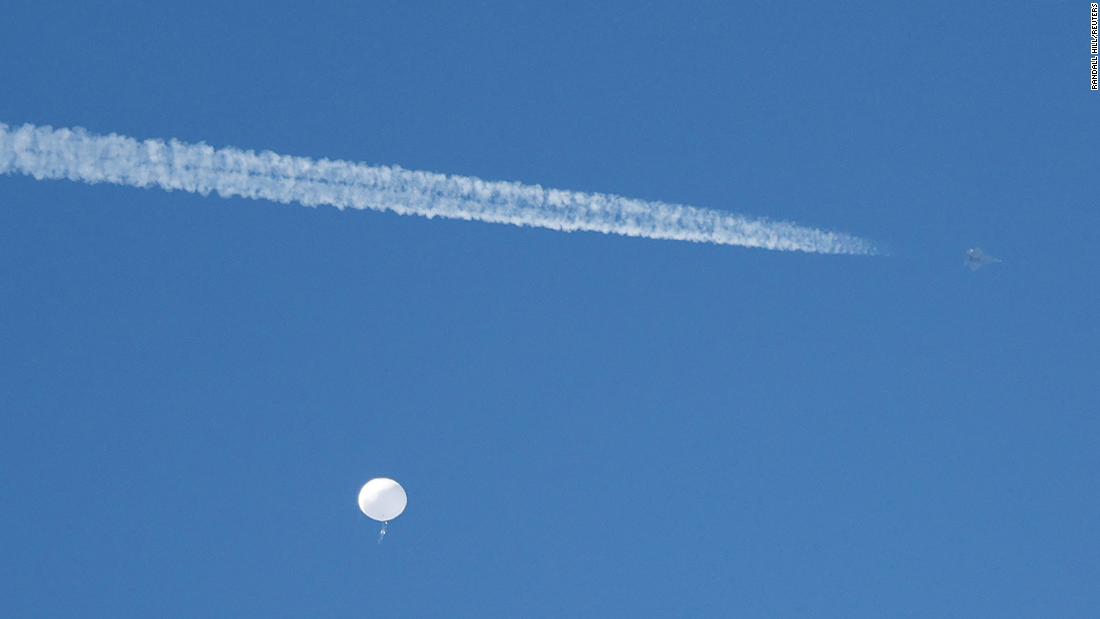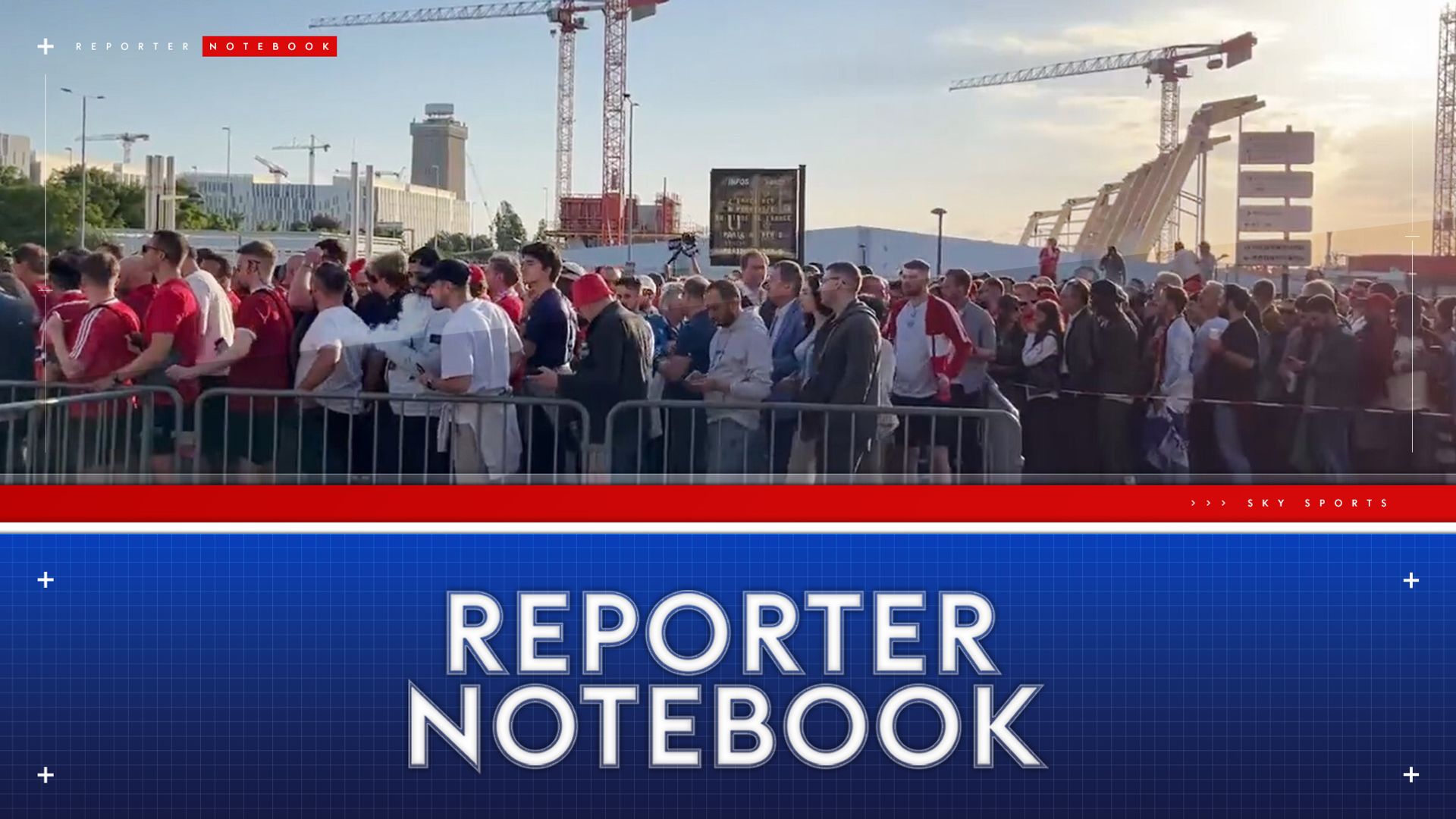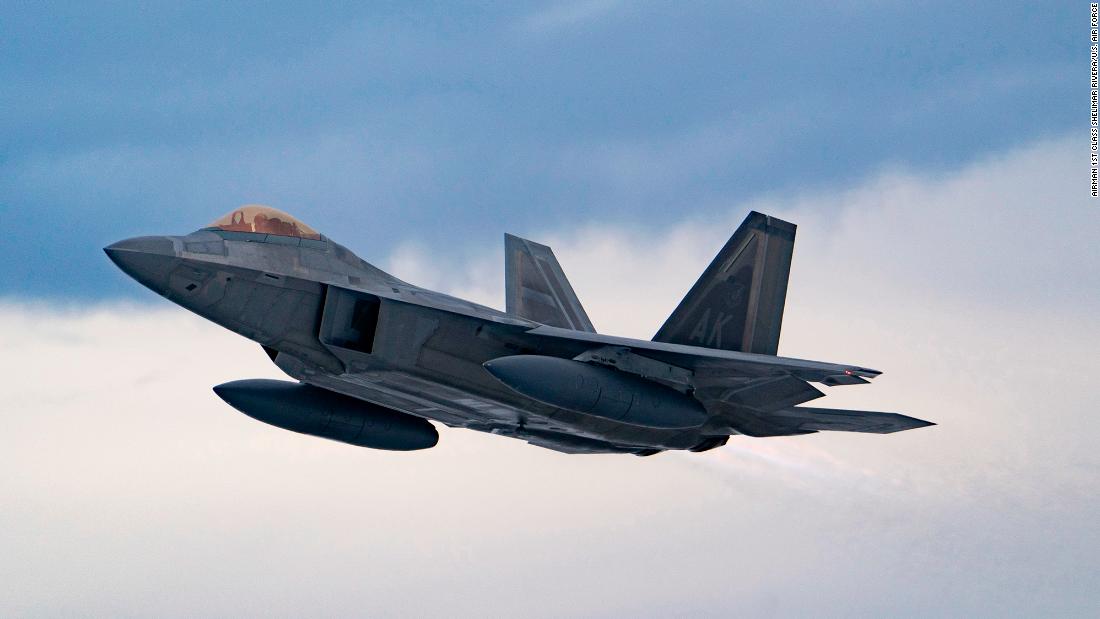U.S. Struggles With Oversight of COVID-19 Relief Funds Amid Rampant Fraud
Watchdogs said they have received more than 845,000 applications for aid that are now suspected of being fraud since they've come from individuals using stolen identities. Even with that, some applications were funded anyway.

The U.S. government is grappling with the unprecedented challenge of how to oversee its own historic $6 trillion stimulus effort, consisting of loans, grants, direct checks and other emergency assistance, that remains difficult to track and a ripe target for overwhelming amounts of fraud nationwide, reports the Washington Post. Across the Small Business Administration’s (SBA) two key emergency initiatives, which rapidly funneled $1 trillion to cash-strapped firms at the height of the pandemic, investigators have questioned nearly every aspect of spending, flagging billions of dollars in suspect loans and grants, overpayments to those who should not have received them and in some cases outright fraud due to a lack of a wide array of policies that might have prevented significant waste, abuse, and criminality.
Watchdogs said they have received more than 845,000 applications for aid that are now suspected of having come from individuals using stolen identities — some of which were funded anyway. Calls to the SBA’s tip line for criminal activity spiked by more than 37,000 percent over an 18-month period earlier in the outbreak and a panel of pandemic watchdogs have highlighted more than five dozen criminal cases that might have been prevented if only the SBA had been more diligent earlier in the pandemic. As a result, experts warn that the U.S. government could face years of expensive and intricate sleuthing work.

 Landwebs
Landwebs 





















/cdn.vox-cdn.com/uploads/chorus_asset/file/24430706/elon_musk_twitter_for_you.png)